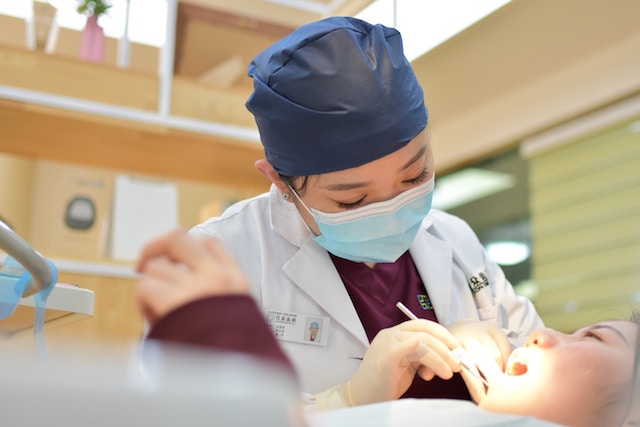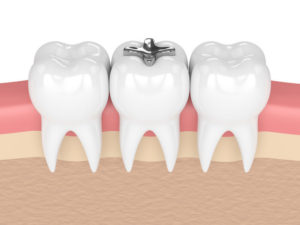Have you had a tooth extracted but you still feel pain in the area? Does a tooth right next to your extraction site feel like it needs attention? You may have what’s called a cavitation. Visit our dental office in TJ to get it fixed before it wreaks havoc on your overall health.
What is a cavitation?
A cavitation is a “hole” in the bone where a tooth has previously been pulled. It can also occur near the root of a tooth that has had a root canal procedure. A cavitation can occur shortly after you’ve had an extraction or even as long as decades later. The issue usually presents when an extraction site has not healed well.
Can cavitations be dangerous to your overall health?
Yes. Since cavitations are essentially holes, they are a perfect place for bacteria to gather. The bacteria can give off harmful toxins that spread to the brain. Studies have shown that these toxins are “neurotoxic.” This means that they can cause damage to our essential bodily systems. They do this by stopping proper protein and enzyme absorption. In the end, this lack of absorption means that cellular function is interrupted, creating disease.
You have to be mindful of mouth infections like cavitations. Bacteria doesn’t have a long way to go between the mouth and the brain. This means that infections can cause osteonecrosis, which is dead bone material in the jaw. Patients who have this issue usually have nerve pain in their head, neck, and face. But sometimes, the entire body is affected.
To learn more about how cavitations can affect the body, click here.
How can our dental office in TJ screen for cavitations?
Unforuntately, cavitations aren’t guaranteed to appear on x-rays. In fact, many dentists aren’t even aware that this condition exists. They usually attribute pain after an extraction to simple nerve pain.
Electrodermal Screening (EAV) is one way to check for the presence of a cavitation. EAV is able to look for chronic infection throughout the body. Because cavitations can inhibit the body’s energy meridians, thy can really affect the body as a whole.
What should I do if I think I have a cavitation?
For starters, call our dental office in TJ. If you do have a cavitation, you will most likely need surgery. The surgery can get rid of any dead tissue that remained after an extraction. Our dental team in Tijuana will also thoroughly clean and sterilize the area to prevent infection.

We have a designated surgical space at our dental office in TJ. The room is designed to make the surgery as simple, painless, and successful as possible. Our biggest priority is that you are safe. This is why we take great measures to make sure every surgical procedure is done correctly. To learn more about our protocols for keeping the office safe, click here.
If you are worried that you may have a cavitation, give our dental office in Tijuana a call today so that we can evaluate your issue.





